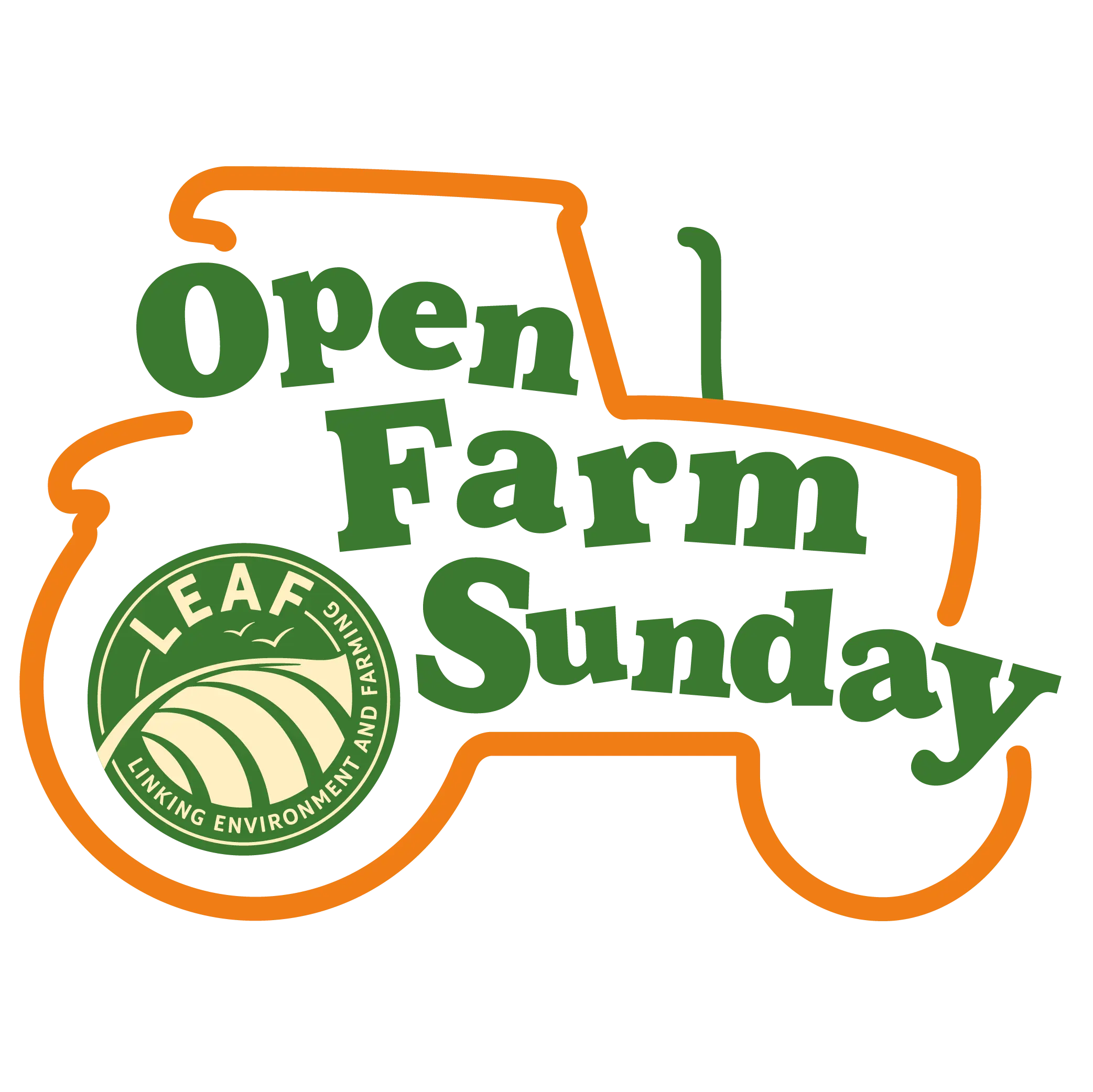Farming Fortnight

Farming Fortnight is an annual LEAF initiative, for schools, teachers and educators to take part in a two -week education focus on farming and food production – to connect with, build trust and educate young people and wider society about sustainable farming practices, empowering people to make climate positive food choices, driving trust and understanding of the agri-food sector.

Use the resources to spark critical thinking, thought provoking discussions, and develop an understanding and appreciation of the topics and practices that farmers have to consider and implement in order to produce food, nurture nature, and protecting the environment for future generations.
Follow all the updates for #FarmingFortnight and Open Farm Sunday on social media @
X @LEAF_Education @OpenFarmSunday
Instagram @LEAF Education @OpenFarmSunday
Facebook @LEAF Education @LEAFOpenFarmSunday
#FarmingFortnight
#LEAFEducation
#Sustainability
#LEAF
Week 1:
- Monday: Sustainable Farming - About LEAF
- Tuesday: Biodiversity - sustainable farming
- Wednesday: Soil - sustainable farming
- Thursday: Crop Health - sustainable farming
- Friday: Pollinators - sustainable farming
Week 2:
- Monday: Livestock - sustainable farming
- Tuesday: Agroforestry - sustainable farming
- Wednesday: Technology - sustainable farming
- Thursday: Water - sustainable farming
- Friday: Energy - sustainable farming
Guidance for Educators
The resources contain activities and case studies that are appropriate for school children of various ages, all focused on the sustainable farming principles defined by LEAF’s Integrated Farm Management (IFM) approach.
The guide below will help support you to navigate the activities in each resource. They are designed for teachers to be adaptable and you can deliver one activity per day during Farming Fortnight to introduce new concepts to children, spark critical thinking and thought-provoking discussions, and provide engaging and experiential opportunities to better understand how and appreciate the work many farmers do producing food, nurturing nature, and protecting the environment for future generations.
Key Questions: By engaging with the resource activities, these are the questions you will explore in more detail to develop a greater understanding of what sustainable farming means.
Key Concepts: Key terminology to be aware of that you may come across during your selected activities. You can refer to this before, during or after the activity.
Instructions: The main activity task appropriate for KS2 – KS3 pupils. You may find this is also suitable for younger or older pupils as well.
You Could Also: An alternative or an extension of the instruction task giving you the ability to select appropriate activities dependent on the resources and / or learning styles you may take into consideration.
Make It Simpler: A differentiation of the main activity, suitable for EYFS -KS1 pupils or to introduce a new concept to learners.
Make It Harder: A differentiation of the main activity, suitable for KS3+ pupils. This activity can also be used to extend pupil learning and knowledge acquisition.
Find Out More: Signposting to other places to learn more about the resource theme. This may offer further in-depth exploration of the subject and /or highlight other information sources to further pupil understanding.
Case Study: Explore the subject theme in a real-world context! This is an opportunity to see, hear, or listen to how the information learned through the resource activities is applied on farm, connecting you with examples of best practice in the real world. Consider using the questions to prompt discussions with pupils about the case study.

Open Farm Sunday!
Find out about the story behind our food and how farming affects our everyday lives. Each Open Farm Sunday event is unique. Activities range from machinery displays, tractor and trailer rides, through to demonstrations, nature walks and much more!
To find your nearest farm to visit on Open Farm Sunday in June click here
















